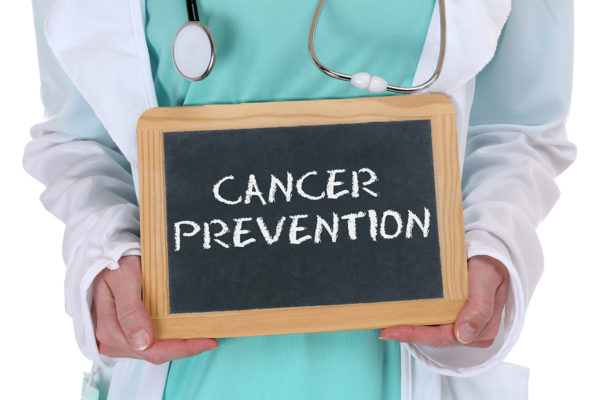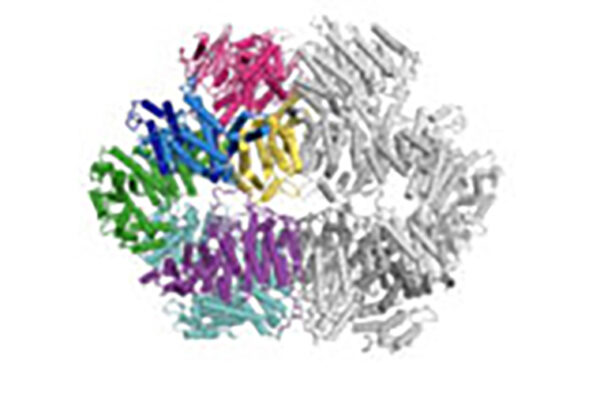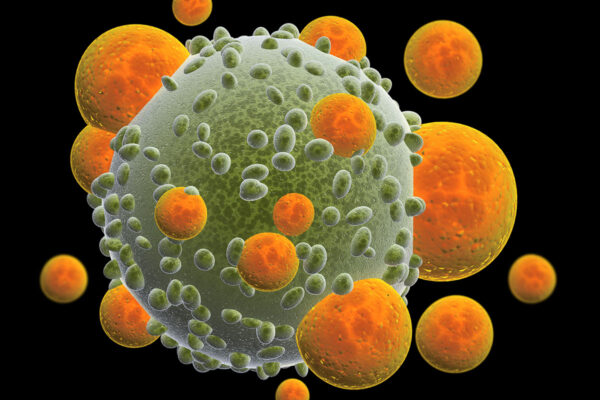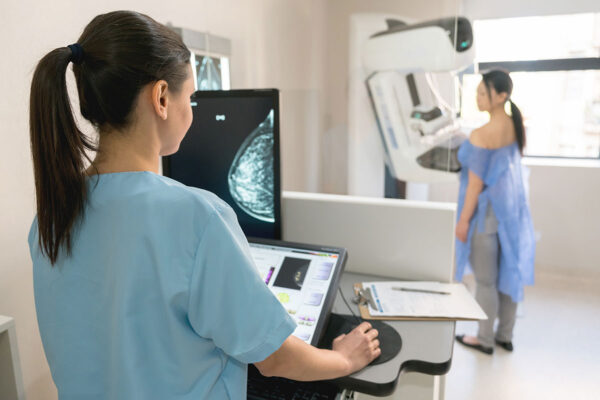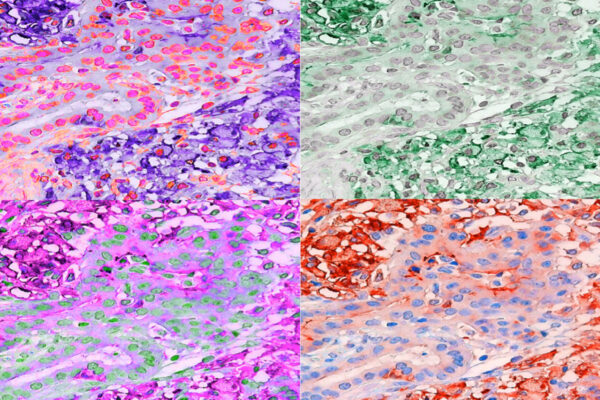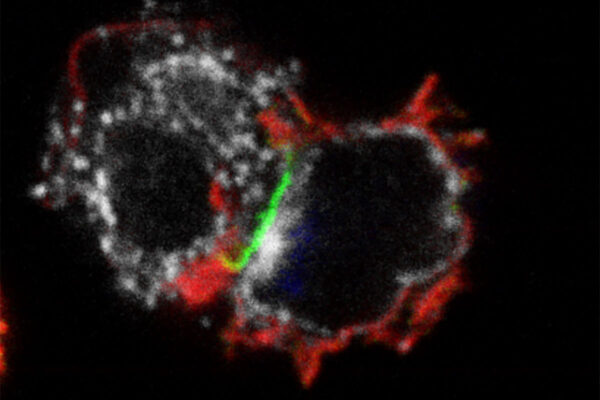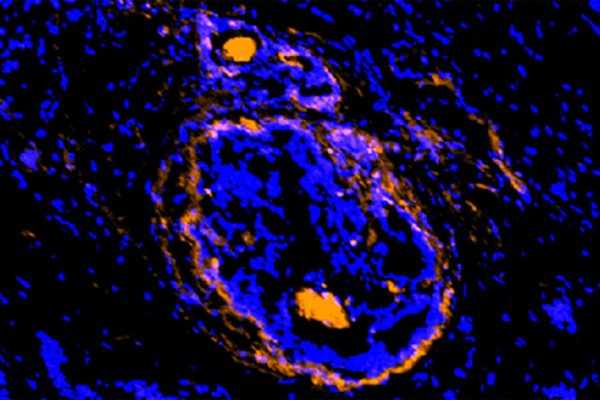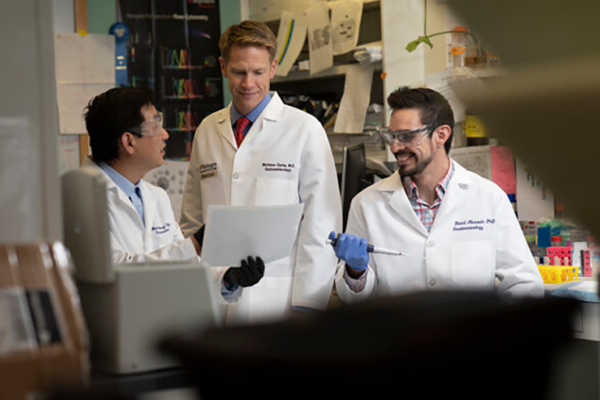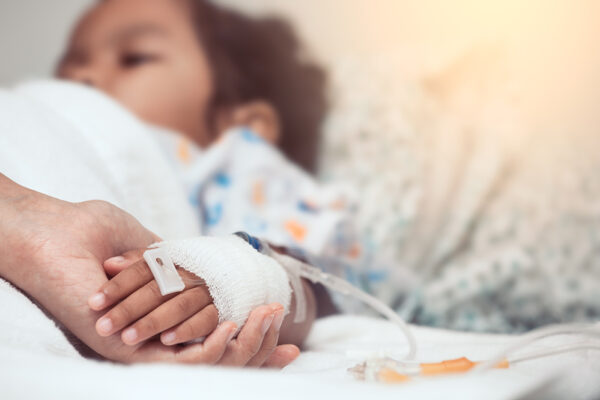Innovative training program boosts expertise in putting cancer research into practice
Washington University’s Mentored Training for Dissemination and Implementation Research in Cancer program, the first of its kind in cancer prevention and control, has resulted in an uptick in skills, grants, publications, networking and even some practice changes.
Making cancer cells more susceptible to dying
Cancer cells can survive even after being hit with high doses of chemotherapy or radiation, but a School of Medicine team working to make treatment more effective is focusing on ways to tweak the inner machinery of cancer cells to make them more susceptible to dying.
New discovery could help improve cancer vaccines
New research — co-led by Washington University School of Medicine — has identified the most important features of cancer cells’ protein fragments, which can help distinguish the tumor from healthy tissue, enabling researchers to design better immunotherapies, including vaccines.
Cancer centers to address pandemic’s impact on cancer prevention, treatment
A consortium of 17 U.S. cancer centers, including Siteman Cancer Center at Barnes-Jewish Hospital and Washington University School of Medicine, are working together to better understand the consequences of the COVID-19 pandemic in delaying cancer detection, care and prevention.
Immunotherapy-resistant cancers eliminated in mouse study
In a mouse study, researchers at Washington University School of Medicine in St. Louis have found that an antibody that targets the protein TREM2 empowers tumor-destroying immune cells and improves the effectiveness of cancer immunotherapy.
Two immunotherapies merged into single, more effective treatment
Researchers at Washington University School of Medicine have combined two types of immunotherapy into a single treatment that may be more effective and possibly safer than current immunotherapies for blood cancers.
New targets for childhood brain tumors identified
People with the genetic condition neurofibromatosis type 1 are prone to developing tumors on nervous system tissue. A new study from Washington University School of Medicine has found that the development and growth of such tumors are driven by nearby noncancerous neurons and immune cells.
Cancerous tumors, surrounding cells illuminated by new imaging agent
Scientists at Washington University School of Medicine have developed a new imaging agent that could let doctors identify tumors as well as the surrounding normal cells that act as a shield, protecting the tumor from various treatment strategies.
Radiation therapy for colon cancer works better when specific protein blocked
Members of the School of Medicine lab of Matthew Ciorba, MD, have identified a way to make radiation therapy for colorectal cancer more effective by inhibiting a protein found in cancer cells in the gut.
Cancer survival disparities in minority children, adolescents greater for more treatable cancers
Racial and ethnic minority children and adolescents with cancer have a higher risk of death than non-Hispanic white children and adolescents, with evidence for larger disparities in survival for more treatable cancers, finds a new study from the Brown School at Washington University in St. Louis.
Older Stories
